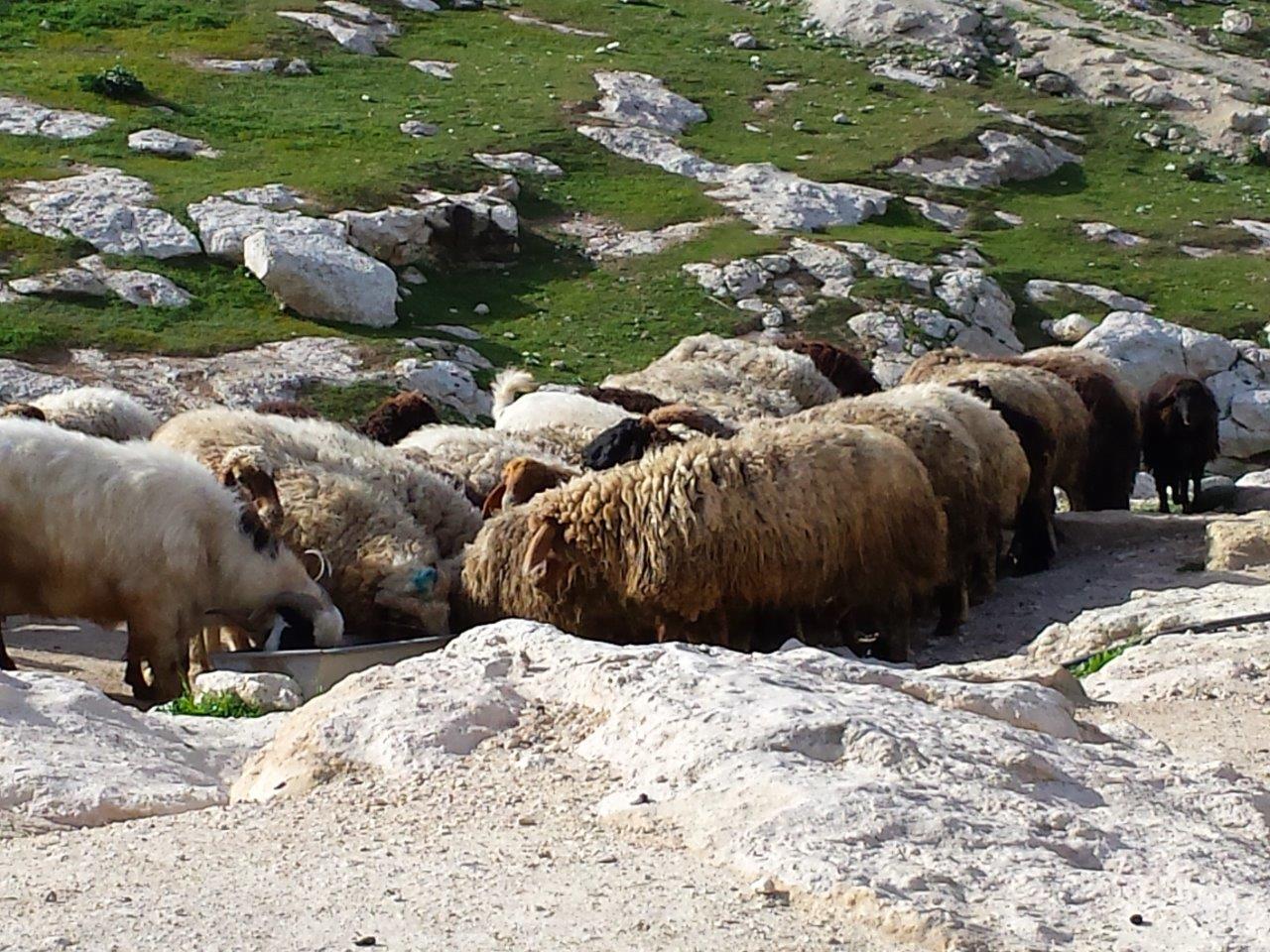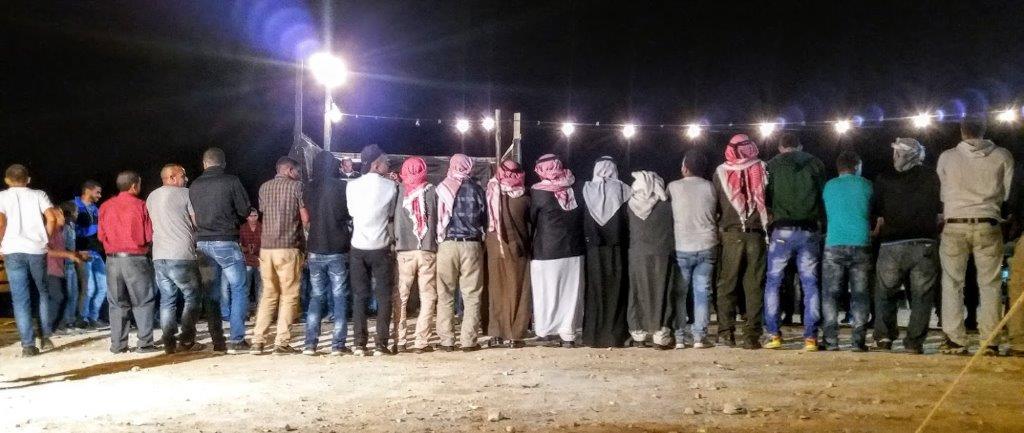
With rising immigration in the West, tensions between native nationals and immigrants increase. Immigrants often encounter negative attitudes, prejudice and discrimination in their new country (Chung et al., 2008; Roccas et al., 2000). Some cultures are more open and inclusive to outsiders than others. Moral inclusiveness, the degree in which cultures are concerned with the welfare of those who are not part of their in-group and apply rules of fairness, was linked to the value orientations of cultural egalitarianism, cultural embeddedness, and level of democratization. Moral inclusiveness was found to influence attitudes toward immigrants from different racial or ethnic groups, and participation in activities that benefit the wider society (Schwartz, 2007). Interpersonal, intercultural conflicts become inevitable. Intercultural conflict was found to predict poor work-related and socio-cultural adaptation, and indirectly also poor psychological adaptation (Shupe, 2007; Ward et al., 2001). Not surprisingly, in Europe and the United States, where in recent years socio-demographics are rapidly changing, much attention is being paid to multiculturalism and to fostering intercultural dialogue.
The encounter with a different culture is inherently stressful (Ward et al., 2001). People may actually be shocked from the encounter with another culture. The term “culture shock” was coined in the early fifties of the 20th century as a malady, a clinical entity, occurring when we are immersed in another culture and lose all familiar signs and symbols of social intercourse (Oberg, 1954). The term underwent some transformations and in later years, it was used less as a clinical term. A more recent description is as follows:
culture shock (1) is a process and not a single event, (2) may take place at many different levels simultaneously as the individual interacts with a complex environment, (3) becomes stronger or weaker as the individual learns to cope or fails to cope, (4) teaches the individual new coping strategies which contribute to future success, and (5) applies to any radical change presenting unfamiliar or unexpected circumstances. (Pedersen, 1995, p. vii).







